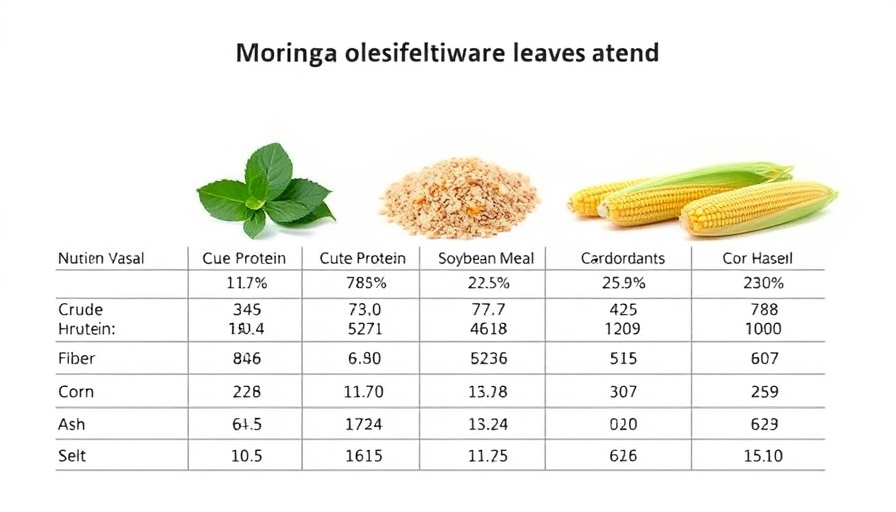
The Benefits of Moringa Oleifera for Livestock Health
Moringa oleifera, often dubbed the "miracle tree" or "drumstick tree," is garnering attention as a multifunctional feed additive in the livestock industry. This humble plant, native to South Asia yet increasingly cultivated worldwide, offers impressive nutritional and immunological benefits that could be pivotal for sustainable animal production. Rich in antioxidants, vitamins, and essential amino acids, Moringa serves as a comprehensive supplement, promoting the health and growth of livestock while simultaneously enhancing disease resistance.
Understanding Immunomodulatory Mechanisms
One of Moringa's standout features is its immunomodulatory capabilities, which play a significant role in livestock health. The bioactive compounds in Moringa, including phenolic compounds and flavonoids, modulate cytokine production and stimulate immune cell activities. This modulation is crucial as it aids in balancing the immune response, ensuring that livestock can better fend off diseases, which is particularly important in the wake of rising global consumption of animal products.
Moringa and Gut Health
The positive effects of Moringa do not stop at immune modulation. This plant also fosters a healthy gut microbiota, an essential element for optimal livestock health. Studies have shown that Moringa can enhance the population of beneficial gut bacteria, including genera like Muribaculaceae and Lactobacillus. These beneficial microbes are crucial for nutrient absorption and overall digestive health, helping to reduce instances of gastrointestinal diseases, which can heavily impact livestock productivity and welfare.
The Future of Sustainable Livestock Production
As the global demand for animal products is projected to surge by up to 70% by 2050, incorporating nutraceutical options like Moringa into livestock diets offers a sustainable path forward. Harnessing the power of Moringa not only addresses these rising demands but also aligns with the increasing consumer preference for humane and eco-friendly farming practices. Utilizing such natural additives could significantly reduce the reliance on pharmaceutical interventions, therefore improving the overall health of the livestock while appealing to health-conscious consumers.
Integrating Moringa in Livestock Diets: Practical Insights
For livestock producers looking to incorporate Moringa into their feeding programs, it's crucial to determine the appropriate dosage. Initial studies suggest that integrating Moringa as a partial replacement for traditional feed can yield positive results without compromising nutritional content. Farmers should consider starting with small amounts and gradually increasing while monitoring the health and productivity of their livestock.
The Emotional & Ethical Appeal
Choosing to enrich livestock diets with Moringa not only promotes better health outcomes but also aligns with ethical farming principles. By improving animal welfare through enhanced nutrition, farmers contribute to a more sustainable food system. Consumers increasingly value transparency and health in their food sources, which makes such ethical choices intuitive and financially beneficial for livestock producers.
A Call to Action for Livestock Farmers
For livestock farmers aiming to improve the health and vitality of their herds, exploring Moringa oleifera as a nutritional supplement could be a game-changer. Its multifaceted benefits provide a natural alternative to conventional additives, promoting not just the livelihood of the animals, but also aligning production methods with the growing consumer demands for sustainable and ethical farming practices. As we move towards a future where health and sustainability become intertwined, the adoption of such innovative solutions is more urgent than ever.
 Add Row
Add Row  Add
Add 




Write A Comment